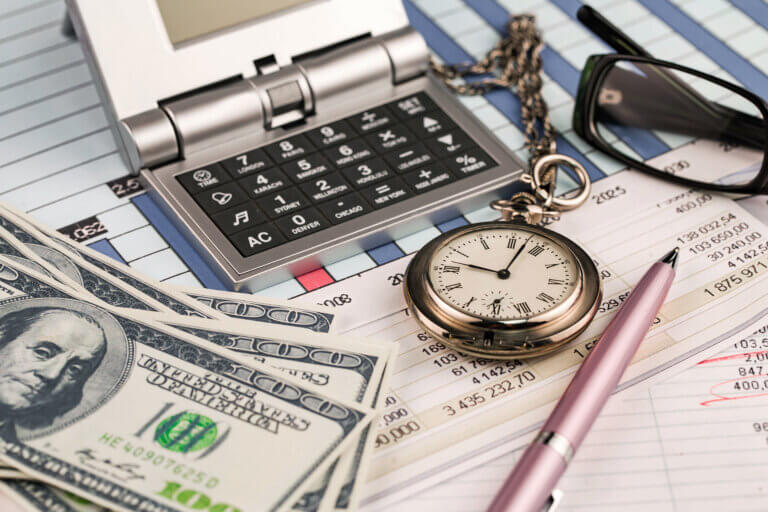Is a Like-Kind Exchange a Good Option for Your Business?
Normally, when companies sell properties, they must pay taxes on any gain they receive. Like-kind exchanges, transactions in which companies trade properties, may be carried out without any immediate tax consequences. They must satisfy Internal Revenue Service rules, however, which include:
- The properties must have the same “nature or character,” as set forth in IRS guidance.
- The exchanges can be business or investment properties put to a productive use.
- The exchanges can’t involve inventory, most securities and some other assets.
- Taxes must be paid on any cash or non-similar property that is part of the deal.
Keep in mind that like-kind exchanges are tax-deferred transactions, not tax free. When a company eventually sells the property it received in an exchange, it must pay tax on any gain from its original investment. In the meantime, though, the business/company can use the funds it would have paid in taxes and it has acquired a new property that may better suit its needs without necessarily making a cash outlay.
Davis & Hodgdon Associates has been assisting individuals and businesses in the Burlington Vermont Metro area for more than 20 years. The firm provides tax planning for individuals, corporations, trusts and estates that are seeking effective strategies to keep more of what they’ve earned. We also prepare all types of tax returns, including individuals, businesses, gifts and estates, trusts, nonprofits and foundations.For more information please call 802.878.1963 or email [email protected].

Kelley Boyden, Associate Accountant
Davis & Hodgdon Associates CPAs

